Testimonials
Do you want to know how our current and former students experience the programme? Then check out the interviews and videos with Dung, Shaila, Jinghze, Giulia, Stella, and Julia.
Shaila Kumaradas (she/her) is a Master's student in Literature Today
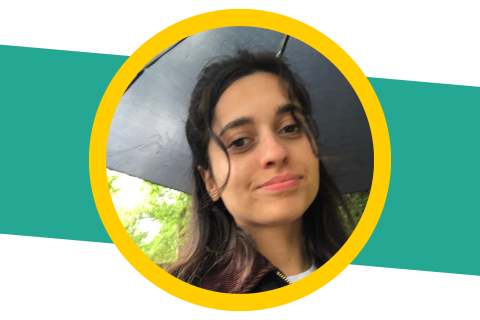
"Since the age of fifteen, I knew I was really interested in literature. I visited several open days, but eventually applied to Literary Studies at Utrecht University for the philosophical and historical emphasis on literature."
"I also went to an international, English-spoken high school, so it made sense to also apply to an English-spoken Bachelor."
Read more
Unesco City of Literature
"Literary studies is a lot of reading, but you get used to the system and the teachers tend to be supportive. I’ve always had part-time jobs besides my studies and I would say +- 10 hours is fully manageable. My work at coffee places and restaurants made good additions to my studies. A highlight of Utrecht as a literary studies student is that Utrecht is a Unesco City of Literature. That means the city has been recognized for its literary contributions, such as the many literary events and the bookstores. Plus, I found it a huge advantage that our classes are all located in the beautiful Utrecht city centre instead of at a science park outside of the city."
Self-discipline
"If I could give future students a tip, I would tell them it is important to realize that Literary studies, much like other university degrees, offers little contact hours. It definitely takes some determination and self-discipline, because you have to do a lot of the work and reading yourself."
Jingzhe Zhang (he/him/they/them) is a Master's student in Media, Art and Performance Studies
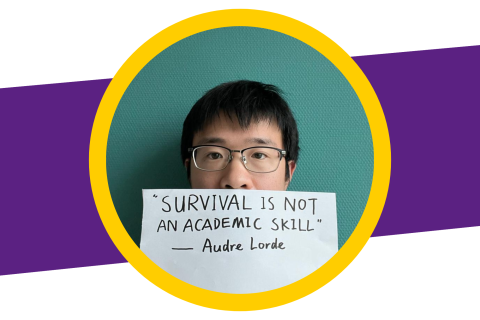
"I applied to the Bachelor program in Literary Studies at Utrecht University because it spoke to my interests in literary and cultural theories and continental philosophy."
"Particularly the specialization in Literature in Conflict really attracted me because it connects literary theory to topics of conflict, censorship, and emancipatory politics. In the end, I made the right choice: I changed into a different person during my time in the program, thanks to the teachers who introduced me to wonderful authors and thinkers."
Read more
Extracurricular Activities
"The work pressure of the Bachelor depends on what you as a student want to do and achieve. Personally, I would encourage people to engage in extracurricular activities that really mean something to you to learn, in the words of Audre Lorde, an author you might encounter during the program, "how to stand alone, unpopular, and sometimes reviled, and how to make common cause with those other identified as outside the structures, in order to define and seek a world in which we can all flourish.""
Humanities Honours Programme
"A highlight for me was the chance to participate in the Humanities Honours Programme, which offered really special opportunities. As I felt that Utrecht University did not cover Russia’s invasion of Ukraine enough, the Honours Programme gave me the funds to organize a symposium. We invited scholars from political science, international relations, anthropology to have discussions and foster support regarding the war. Overall, my Bachelor supported the development of my critical thinking skills to reflect upon both society and the university itself."
Giulia Monteverde (she/her) is a student
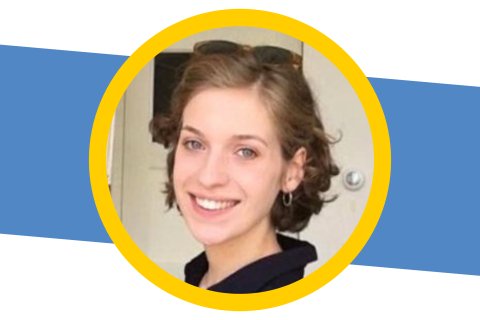
"A reason why I like Literary Studies so much is because there is a lot of analytical thinking and logic involved. This satisfies me, since I graduated from a scientific school back in Italy.”
“My degree in Literary Studies would be also very nicely complimented if I decide to do a second bachelor’s degree in psychology, as you definitely have to be able to put yourself in someone else’s shoes if you want to adequately analyse a literary work.”
Read more
Different fields
"The fact that we touched upon different fields within the subjects in the first year was really interesting. It was a great way to find out my specific interest in the beginning. I always know that if I am going to read something, it will offer me an interesting new view. In fact, Literary Studies changed the way I think. Whenever I watch a movie or read a book, I notice more patterns and messages than I used to. For example, we read the novel ‘The Hours’ by Michael Cunningham during the course Close Reading to learn how to identify recurring themes and linguistic patterns on a deeper level."
Food for Thought
"The debates in class are really interesting and give me a lot of food for thought. We debate about books and poems, but also about literary works in relation to issues in society. Unfortunately, because of the limited time of each course, we do not always thoroughly discuss each text in my opinion. Although that is a pity, I recognise that if the professor would only choose one book to analyse on a deeper level, it would not offer us enough perspective.”
Stella Tabachnikoff is a student
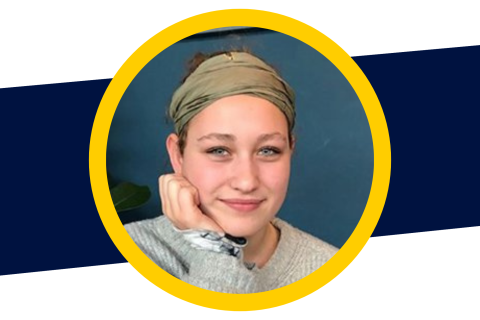
"What really attracted me to Literary Studies is that it is a really historical, philosophical and sometimes political course. It appealed to me that there is more to Literary Studies than just literature.”
"My favorite course so far is Mythos and Logos, because the course came back to basics: a pen and paper with a play or story written on it.”
Read more
Secrets of Poetry
“Especially with poetry it was fun to work together as a team and uncover all the secrets that a poem has. First, you need to make sure that you understand all the words and terminology to understand what the poet is actually saying, without any of the interpretations that we as a reader add to it as we interpret and analyse.”
Art of the Story
“Literary Studies teaches me to understand the art of the story. We as human beings understand everything through a story like process. We understand math and biology because we make a sequence of events. Ideas that we have for companies and startups all start out as just a story that you tell yourself in your head about who you could potentially be and create. I think that really thoroughly understanding how such a story is put together and create one yourself, can give you a lot of skills in understanding how to communicate with others.”
Julia von Buch (she/her) is a student
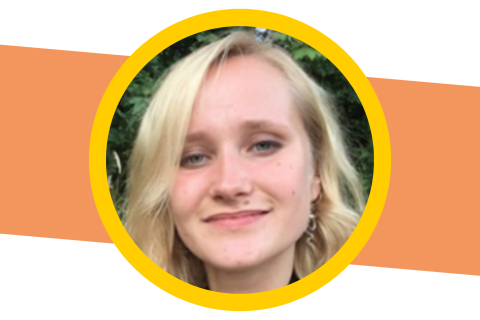
"I knew I picked the right programme from the very beginning, when we read Saturday by Ian McEwan during Introduction to Literary Studies. Reading the book and gaining new knowledge that I otherwise would not have obtained, was the best feeling."
“Literary Studies unites history, creativeness, psychology and philosophy; everything comes together. We talk about the books in a historical or social context, and for example link them to philosophical theories we learn about."
Read more
Variety of People
"The programme is so much broader than I expected in advance. Because so many internationals pick this programme, the students are very open minded and passionate about literature. It is such a variety of people, not just nationality wise, but also interest wise. It is just really great to be around people who are as passionate about literature as I am.
Guidance
I was not expecting the amount of guidance from the university and my fellow students. In this programme the groups are very small and everyone is super nice and helpful. If you have a question or a problem, someone takes you by the hand and helps you. The guidance is especially great for international students who are still settling and adjusting."

